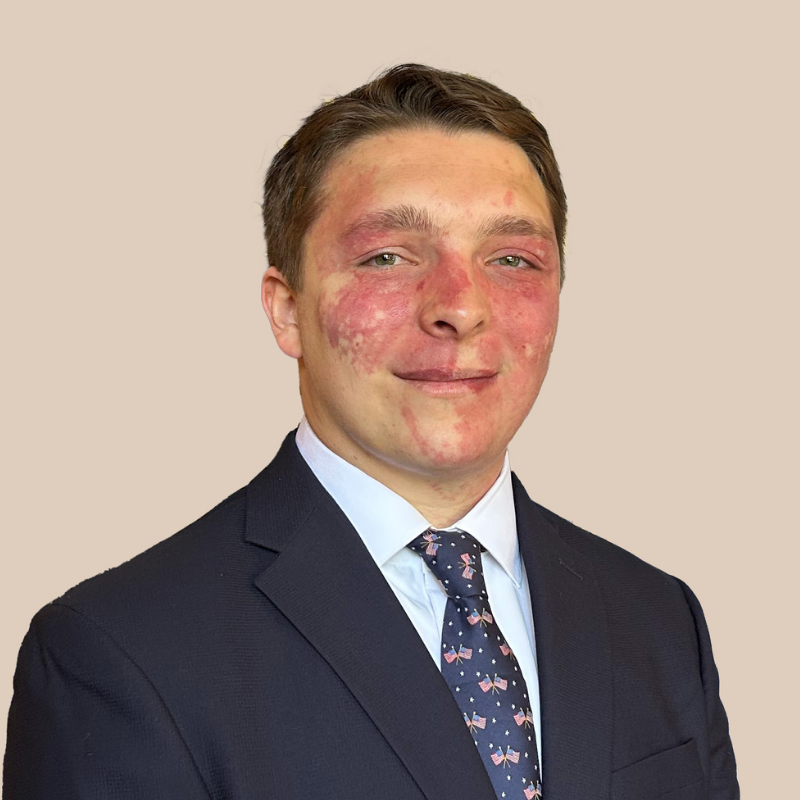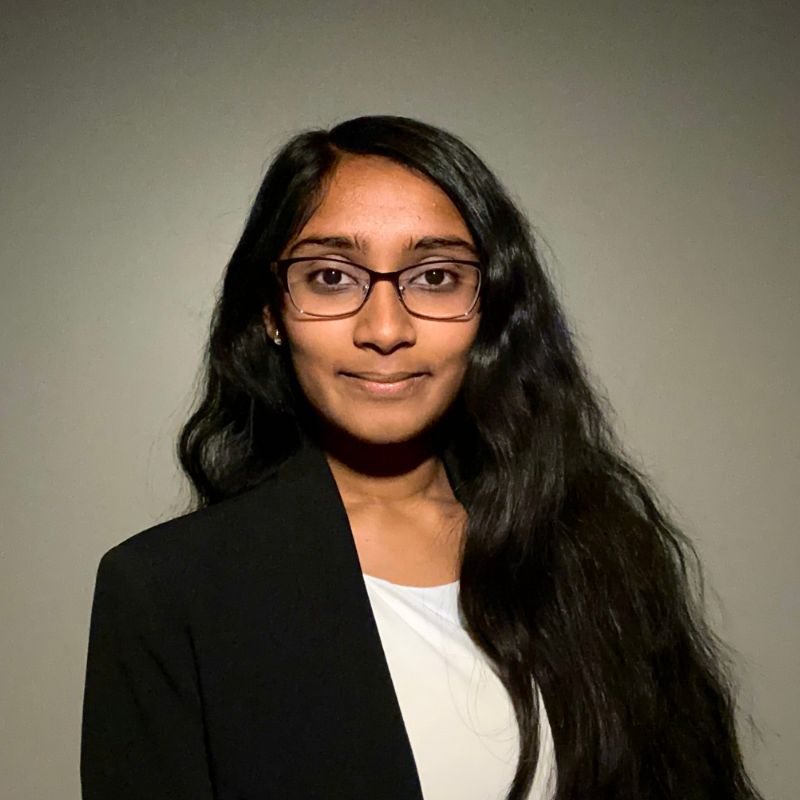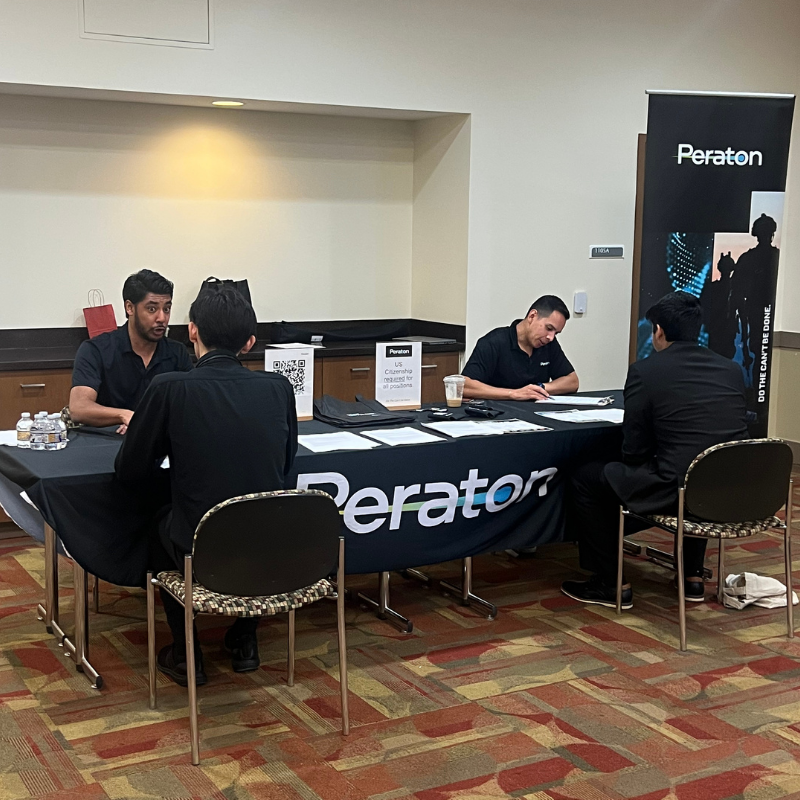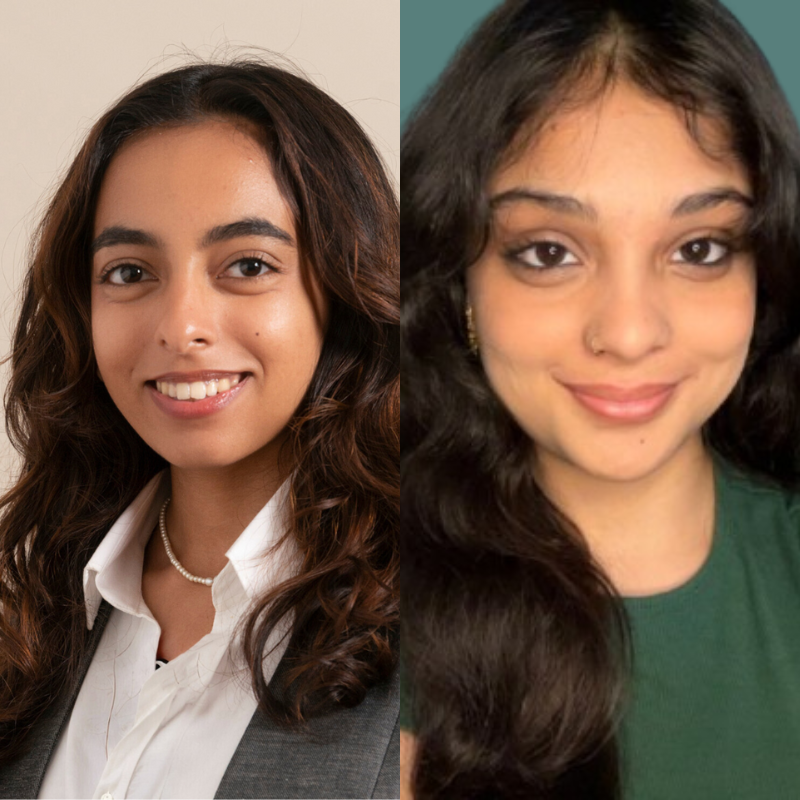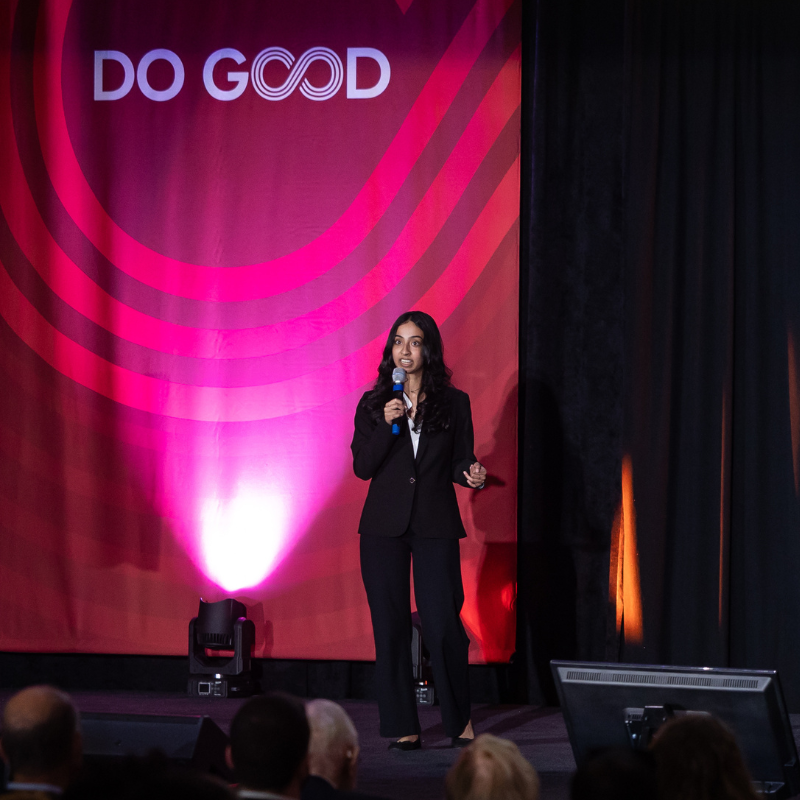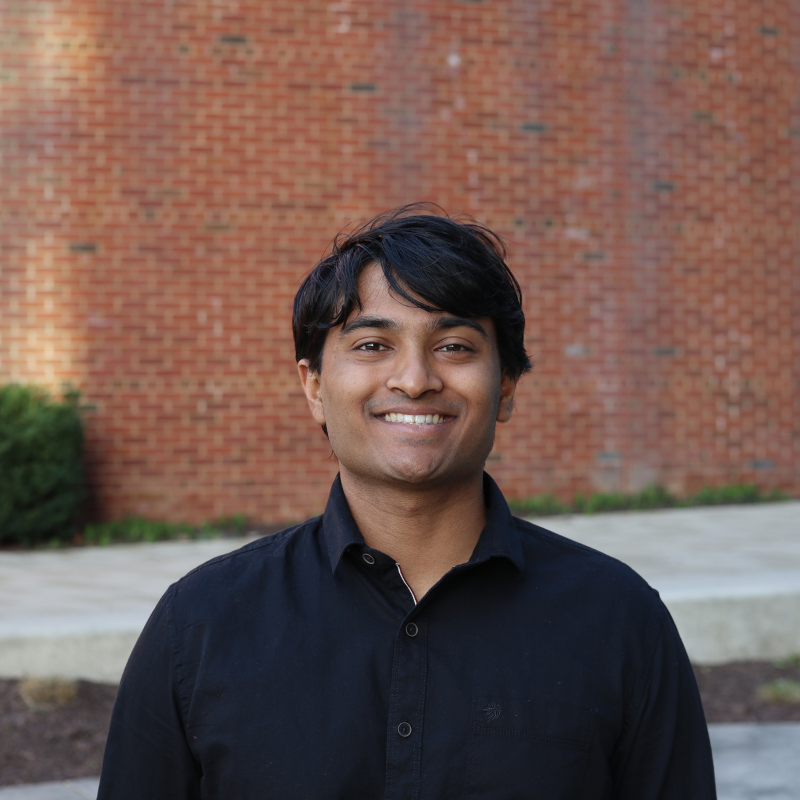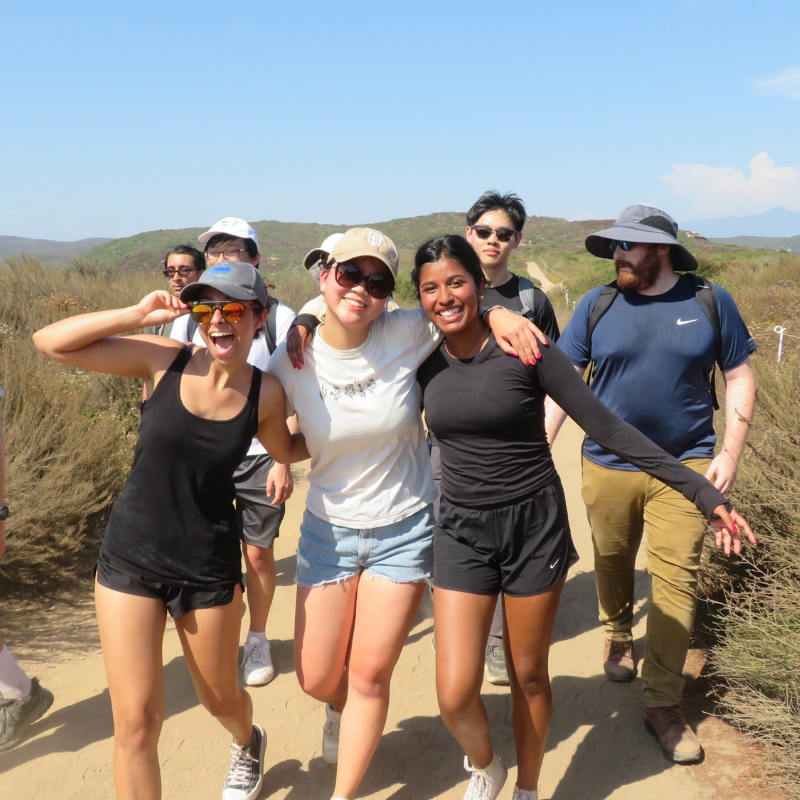News Story
CyberCorps: Scholarship for Service Grant Awarded $5 Million Renewal
The University of Maryland and the Advanced Cybersecurity Experience for Students (ACES) program have been awarded a continuing grant from the National Science Foundation’s CyberCorps Scholarship for Service (SFS) program to continue funding scholarships for ACES Minor students. Currently, SFS is awarded to just over 100 schools in 42 states and territories.
The grant is a renewal of an original grant awarded in 2017. The renewal totals almost 5 million dollars, which will be awarded over the next five years. Students pursuing the ACES Minor can apply to participate in the SFS for ACES program to support their cybersecurity education. The scholarship covers the cost of tuition, a stipend for students who receive the scholarship, and funds budgeted for professional development and course materials. Students can fund undergraduate study and potentially one year of graduate study as part of an accelerated BS/MS program. Upon graduation, students work for a federal, state, local, or tribal government organization for a period equal to the length of their scholarship.
ACES and SFS alumni, Nick Gratian, shared the following about his experience with the program:
Prior to joining Scholarship for Service, I was interested in working in cybersecurity for national security. During my three years in the program, I was able to build my skills as a cybersecurity professional to jump into my career post-college prepared. Through ACES classes, I learned the technical skills needed to succeed, and through mentoring and networking events, I developed a network of contacts to aid me in transitioning to the professional world. My advice for anyone considering applying is to just do it - joining SFS will open a unique world of possibilities that very few college students are fortunate to have.
Integral to ACES is a commitment to providing students the opportunity to have hands-on experience in the cybersecurity space. In pursuit of this, ACES students may opt to conduct cybersecurity-related research with an approved faculty member. Brandon Palfi, a current SFS student, shared his experience doing research with ACES:
I had the opportunity to research the evolving cyber strategies of some of the most active nations in cyberspace - China and North Korea. Working with ACES professor Dr. Charles Harry, I was able to connect all publicly available cyberattack data for these nations to existing cyber intention theories such as high-tech espionage, or outright cyber warfare.
The research from HACS287 taught me that every nation approaches strategic engagement in cyberspace in a unique way. This research fueled my passion for defending our nation from those with malicious intentions. SFS has given me the opportunity to find jobs that aligns with my passion, allowing me to use my computer science and cybersecurity education to defend the nation from strategic threats.
My biggest piece of advice for new students considering SFS is to find a government agency whose mission sticks with you and your career goals. Having a passion for serving your country, especially in cybersecurity, is an important first step and is the basis of the SFS scholarship. From there, applying to SFS is a natural next step.
Brandon’s thoughts are echoed by fellow student Austin Kaminow:
I was fortunate to do research a few times throughout my UMD career. I worked with two professors in cryptography (one theoretical and one applied). I also was able to spend a summer in the LASR program working on real problems for the federal laboratory for telecommunication sciences (LTS). Both of these helped my understand more about the current issues in cybersecurity and which roles I could have as a cybersecurity professional. I was also able to gain professional contacts and learn more about the goals of LTS and some of the overall goals of the federal government and intelligence community. This knowledge helped me along my journey in SFS and helped me figure out which sections of the government and what specific work within cybersecurity I was interested in. Overall, I am very happy that I decided to take advantage of many different research opportunities, and I would recommend to future students to always accept opportunities that sound interesting to you and to seek out additional ones whenever possible.
Each January, SFS students attend the annual SFS Job Fair where they can meet and interview with organizations offering internships and jobs that count towards the service requirement for the scholarship. The 2024 job fair featured over 70 government entities with opportunities for SFS students. The job fair also offers agency information sessions, on-site job interviews, and networking opportunities with industry professionals and other SFS students. Of the 2024 job fair, current SFS student Morgan James offered this reflection:
I was truly amazed by the amount of agencies in attendance at the event, over 70+, and to top it off I was told that this was the largest turnout of agencies that the SFS job fair has ever had! Additionally, speaking with as many representatives and recruiters as I could, made me realize they truly care about us as students, people, and lifelong learners. So many of them took interest in not only my resume but also connected on personal hobbies and interests!
In preparation for the job fair, students can take advantage of one of the valuable professional benefits of SFS, access to guidance from an ACES advisor who students can meet with one-on-one at least twice per semester.
ACES was the first honors cybersecurity program in the country, and the ACES Minor provides a 16-17 credit curriculum where students have unique access to upper-level cybersecurity courses, experiential learning opportunities, and the chance to network with industry professionals. Since the grant was initially awarded, ACES has enrolled 37 students in SFS. Interested students will next be able to apply in the Spring 2025 semester, and the application for the ACES minor (admission to which is a requirement to apply for SFS) will open September 30.
The team supporting SFS for ACES represents various colleges across the university:
-
(PI) Michel Cukier, Director, Advanced Cybersecurity Experience for Students; Professor of Reliability Engineering
-
(Co-PI) Lawrence Gordon - EY Alumni Professor of Managerial Accounting and Information Assurance, Robert H. Smith School of Business
-
(Co-PI) Charles Harry - Director, Center for the Governance of Technology and Systems; Associate Research Professor
-
(Co-PI) David Levin - Chair, Computer Science Departmental Honors; Associate Professor of Computer Science
-
(Co-PI) Michelle Mazurek - Director, Maryland Cybersecurity Center; Associate Professor of Computer Science
-
Lindsey Schrott, Program Coordinator, Advanced Cybersecurity Experience for Students
Published September 24, 2024


